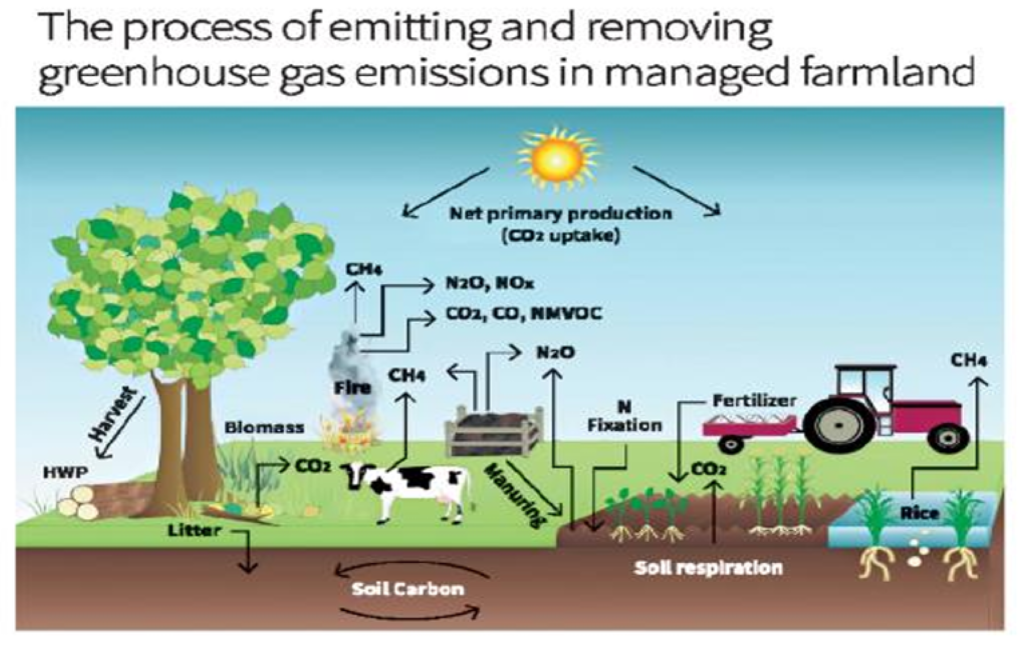Introduction
Carbon farming has emerged as a promising agricultural approach that integrates regenerative practices to enhance soil health, boost yields, and combat climate change. By focusing on carbon sequestration and emission reduction, carbon farming offers a dual benefit of improving agricultural sustainability and mitigating climate change.
Understanding Carbon Farming
Carbon farming involves managing agricultural and forestry practices to increase the capture and storage of atmospheric carbon dioxide (carbon sequestration) while reducing greenhouse gas emissions. This approach aims to enhance carbon storage in soil and vegetation, improve soil health, and lower the carbon footprint of agricultural activities.
The Imperative for Carbon Farming
The escalating levels of atmospheric carbon dioxide pose a significant threat to our planet. Carbon farming offers a solution by drawing down CO2 from the atmosphere and storing it in the soil. Research highlights the immense potential of agricultural soils to act as significant carbon sinks, effectively mitigating climate change. Furthermore, conventional farming practices have led to widespread soil degradation, reducing the soil’s capacity to store carbon. Carbon farming practices, such as cover cropping and reduced tillage, promote soil health and organic matter content, thereby enhancing carbon sequestration.
Benefits of Carbon Farming
Beyond carbon sequestration, carbon farming practices offer several advantages:
-
- Improved soil health: Enhanced soil structure, fertility, and water retention.
-
- Increased biodiversity: Creation of habitats for beneficial organisms.
-
- Reduced reliance on chemical inputs: Promotion of natural pest and disease control.
-
- Mitigated methane emissions: Reduction of greenhouse gas emissions from livestock.
-
- Enhanced pasture productivity: Increased carbon storage in grazing lands.

Challenges in Implementing Carbon Farming
While carbon farming holds immense promise, several challenges hinder its widespread adoption:
-
- Standardization and certification: Lack of standardized methodologies for measuring carbon sequestration hampers the verification of carbon credits.
-
- Awareness and extension services: Limited knowledge among farmers about carbon farming practices and their benefits.
-
- Small landholdings: Prevalence of small and fragmented landholdings in India poses implementation challenges.
-
- Policy and regulatory framework: Absence of supportive policies and regulations to incentivize carbon farming.
-
- Financial incentives and market access: Limited availability of financial support and access to carbon markets for farmers.
-
- Regional constraints: Water scarcity, unsuitable soil conditions, and limited plant options in certain regions.

